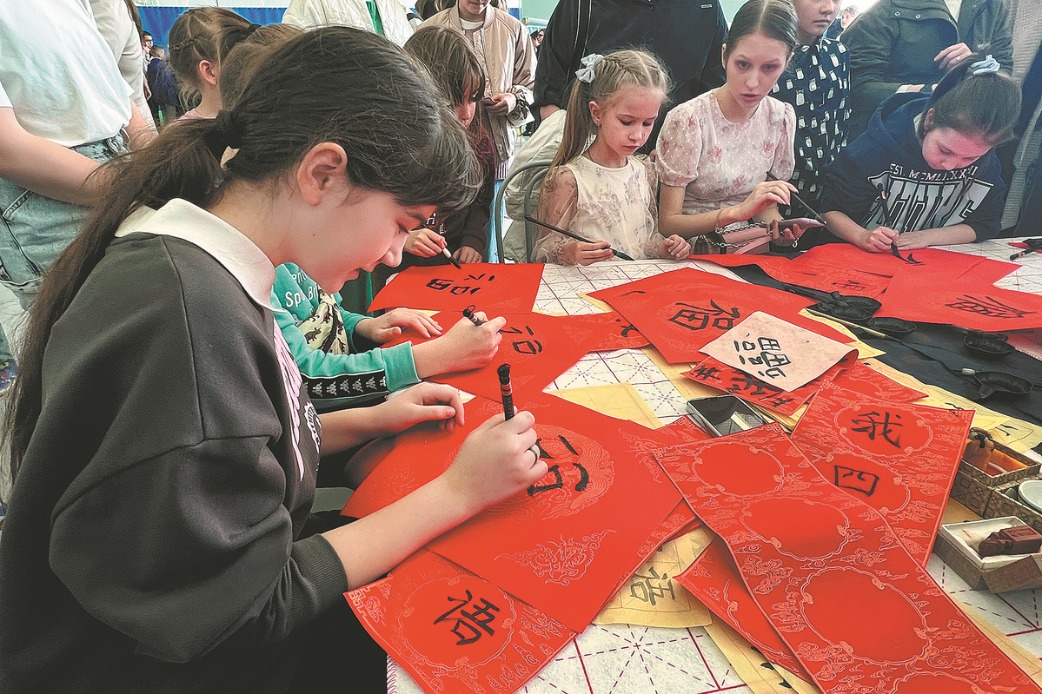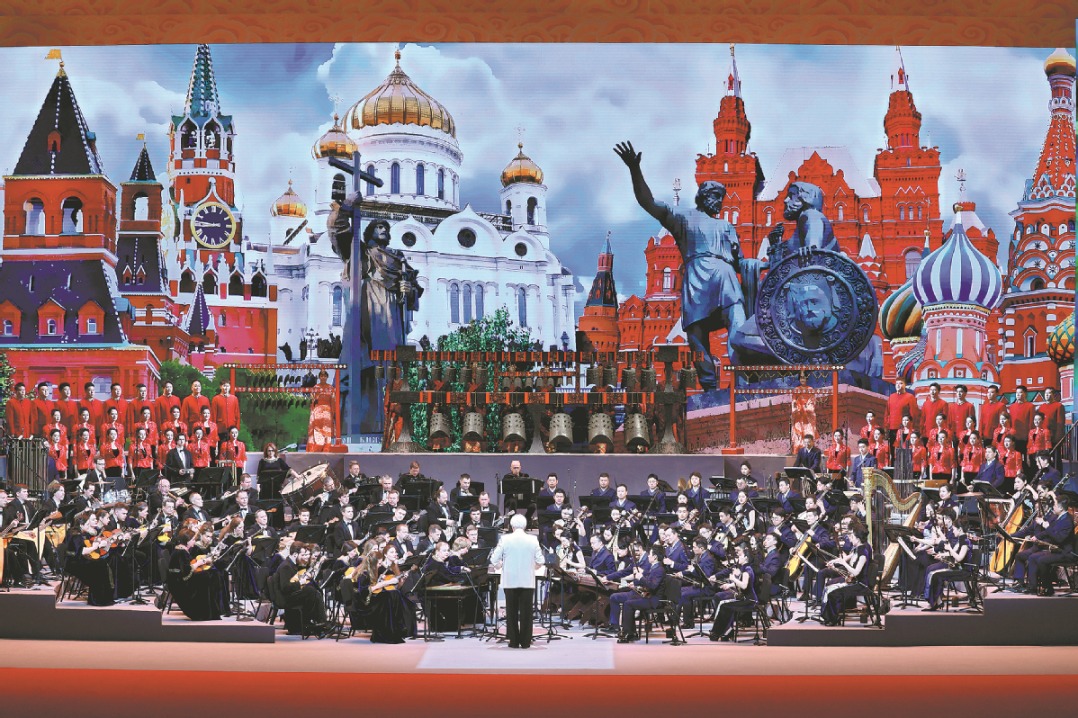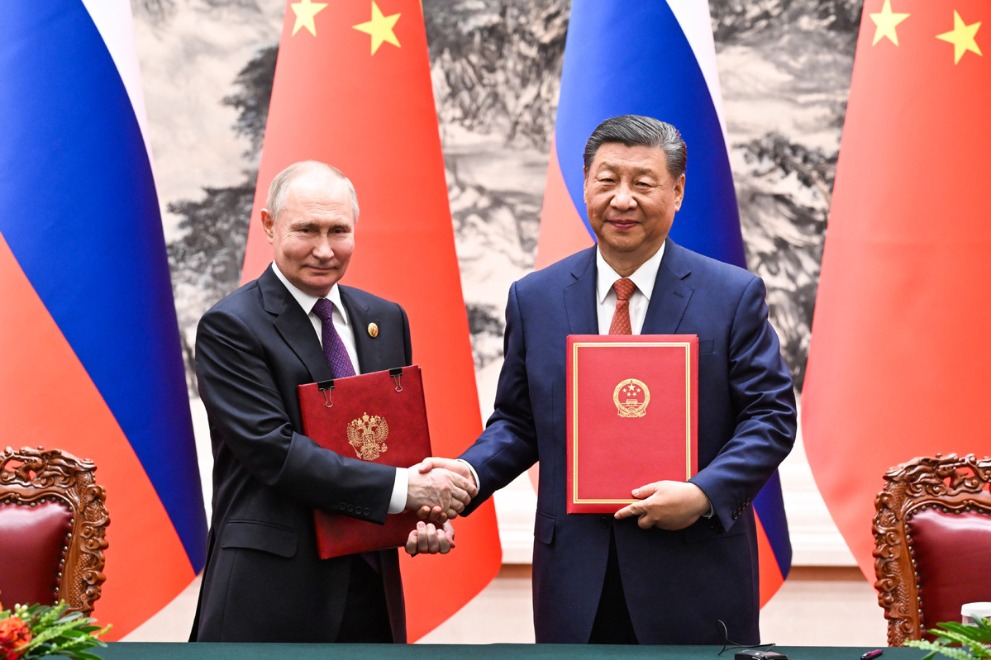World embraces emerging Chinese icons
By Peng Tianxiao, Shuai Anning and Liang Junqian | China Daily | Updated: 2019-08-02 09:49

Sci-fi wows fans, critics
Thanks to blockbuster books like Hugo Award-winning novelist Liu Cixin's The Three-Body Trilogy, Chinese science fiction has grown in popularity both at home and abroad and across all ages in recent years.
When the book was launched in Japan this month, The Three-Body Problem, the first part of Liu's trilogy, reached the top of the Amazon chart of the best-selling literary fiction in the country.
Within a week, Hayakawa Publishing Corporation, the publisher of the book, ordered a 10th reprint, bringing the total number of printed copies to 86,000.
"I bought the Japanese version as soon as it was published," said Japanese reader Daichi Nakashima excitedly. "I started to read after work at six o'clock and I finished reading the whole book at 12 o'clock at night. It's really wonderful."
Nakashima, 27, said he was impressed by the "distinctive Chinese cultural characteristics" and "scientific details" of the book.
"In terms of theme, it is quite different from European, US and Japanese science fiction ... It's not about intuition or destiny. It's about humans' hard work and rational thinking that opens up the future," he said.
"Most of the readers are in their 30s, but there are also younger readers ... Sci-fi readers aged 50 to 60 also buy it," Nozomi Omori, the Japanese translator of the book, told Xinhua News Agency.
Liu is also the author of the short story The Wandering Earth, which was made into a global hit movie grossing over $700 million worldwide.
Several other Chinese sci-fi writers have also become well-known. Chen Qiufan's debut sci-fi novel The Waste Tide is set to be published in Japan later this year.
"In the future, Chinese sci-fi will become a genre that will be remembered by science fiction fans," said Omori, who is also a critic and anthologist.
"This is the golden age (of Chinese sci-fi)," said Japanese writer and scholar Toya Tachihara. Chinese sci-fi "has the latest scientific knowledge and unique Chinese culture and history, which help produce a unique kind of science fiction that no other country has," Tachihara said.
























